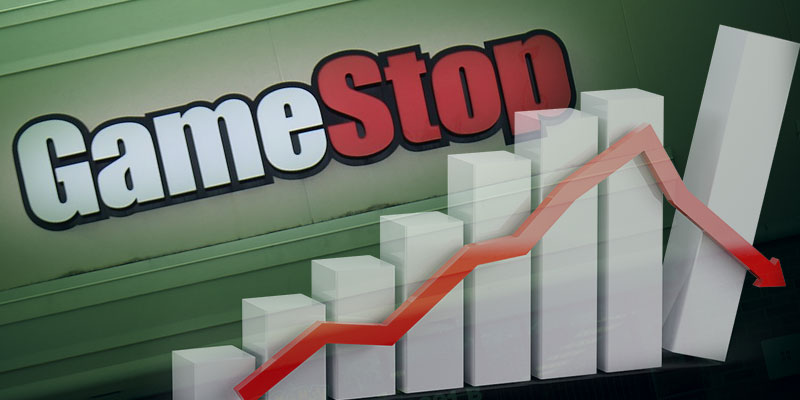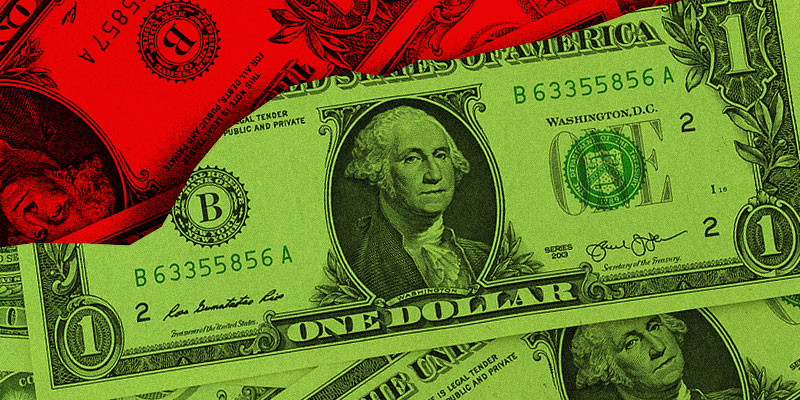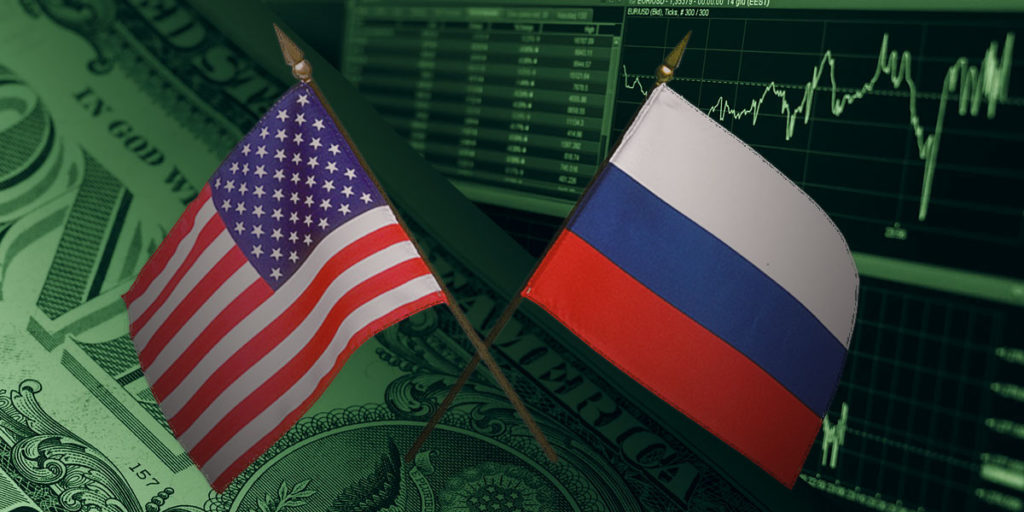A $10,000 investment in GameStop last August would have been worth a million dollars last week. How does the stock of a struggling retailer go from under $5 to nearly $500? And does this tell us about the stock market?
Founded in 1984, GameStop operates 5,500 stores across the U.S. and the world. The company has been struggling, posting a $673 million loss in its last full fiscal year before the pandemic. The ability to download Xbox, PlayStation and Nintendo games undercut GameStop’s retail business.
The stock market lets investors from across the globe argue with each other about companies’ futures. Except investors do not just argue, they put money behind their words.
What is a stock worth? Two answers are possible. One uses the value expected from owning the stock – a slice of the corporation’s profits – for many years. A profitable company will be worth more. Events making a company more (or less) profitable should boost (lower) its stock price.
Alternatively, price can depend on what others will pay. I might pay more than I think a company is worth to resell the stock for even more. Asset prices can temporarily deviate from their value based on profitability, what is called a price bubble. A bubble can push a stock price sky-high, as GameStop illustrates.
How did this happen? A couple hedge funds thought GameStop was doomed and would go out of business. To profit from a stock price decline you short the stock. Shorting involves borrowing and selling the stock and buying it later to repay the loan. If you borrowed and sold GameStop shares for $5 and repaid the loan with shares bought for $1, you could profit.
Now came a twist in the story. Investors on the Reddit forum r/wallstreetbets started talking about saving GameStop from the hedge funds. The stock started rising. The short sellers bought the stock to repay their loans and limit their losses, driving up the price further. The resulting “short squeeze” set off a bubble.
A bubble is unsustainable. Once the price stops rising, investors will sell to take their profit and this drives down the price. One million dollars can turn into $10,000.
Some Reddit forum posts suggested that the buying spree saved GameStop from bankruptcy due to short selling. The idea that short sellers bankrupt firms is inaccurate.
Short sellers did not create GameStop’s problems, they are just delivering bad news. These investors do not think the company can be turned around. The short sellers may be wrong, and if so, they will lose money.
To survive, GameStop must devise a new to create value. In September, the former CEO of Chewy.com Ryan Cohen invested in GameStop and was given a seat on the board of directors. If Mr. Cohen helps GameStop thrive online, this might save the company.
Through the chaos, the stock market helps direct resources in our economy. Our prosperity depends on resources being used to create value. Is GameStop putting its 5,500 stores and employees to good use? If not, these resources should be used in other ways. For instance, we can build fewer strip malls and more houses.
Stock prices deliver the market’s verdict like the scoreboard at a football game. Low stock prices and short selling can force changes even when management does not want to admit mistakes.
Some economists see asset price bubbles as financial market inefficiency. But this assumes we know the information stock markets generate, namely the value of firms. Bubbles start because investors realize a company might be worth more than they think. A rising price temporarily makes resale value more relevant than long-term value.
The stock market motivates investors to search out all potentially relevant information on corporations and risk their own money on their hunches. Some investors will lose money and may even go broke. Together they enable the productive use of resources and the prosperity we all enjoy.
Daniel Sutter is the Charles G. Koch Professor of Economics with the Manuel H. Johnson Center for Political Economy at Troy University and host of Econversations on TrojanVision. The opinions expressed in this column are the author’s and do not necessarily reflect the views of Troy University.













